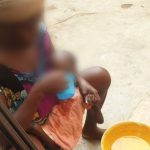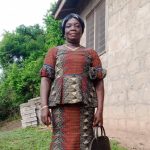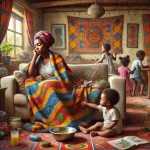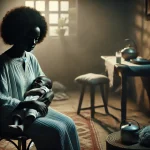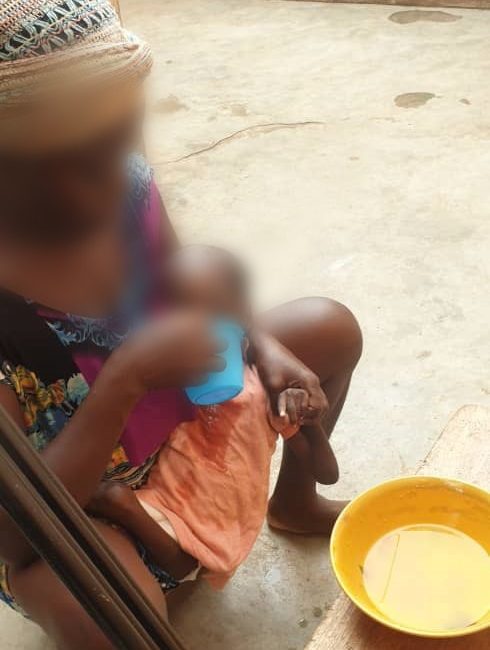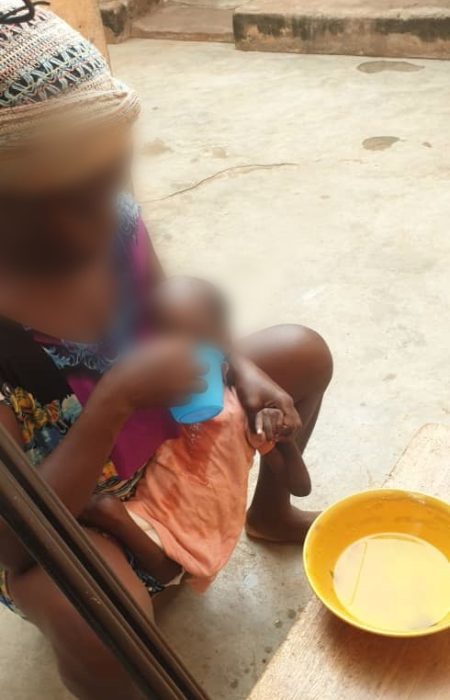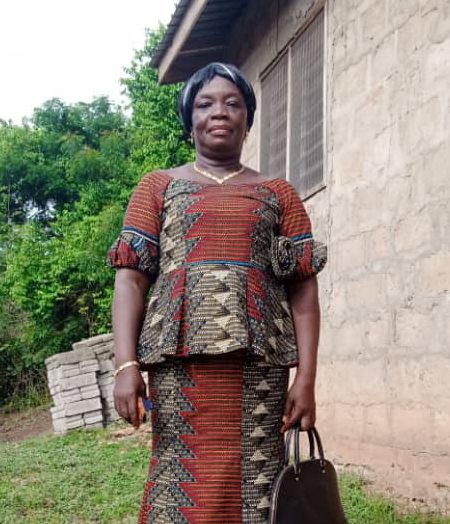He has never kicked a ball, never made friends, nor nursed a teenage crush. He has never seen the four walls of a classroom.
His friends and family may not see him live his dreams.
While his peers are out chasing their dreams, trying out the latest fashion craze, tech gadgets, and all that 18 and 19-year-olds do in today’s world, Gideon Kwame Fafa Amenya spends his days lying motionless on pieces of old cloth, strewn on the cemented floor of the sparsely decorated and dimly lit room, in the family home, in the clean and picturesque town of Peki Avetile. It is a pitiful sight!
Gideon’s age and appearance
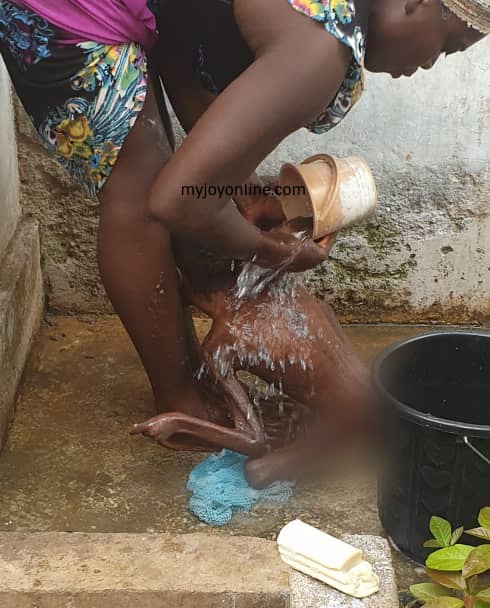
Gideon looks far younger than his actual age. He will be 19 in November this year. But this yet-to-be diagnosed condition that has afflicted him has stopped his natural growth processes.
He looks like an emaciated two-year-old child. His near skeletal frame, protruding ribs, thinly stretched skin and oddly shaped, stick-like arms and legs are shocking to see. He is also showing signs of a skin infection on the head.
His 42-year-old mother, Doris Amewowoe, is his full-time caregiver. Gideon is her second child of seven and one she loves dearly.
Gideon’s pregnancy was normal – she said.
“He was a very healthy baby. He breastfed well. Things started to change, however, when he was three months old. He will cry all the time and refuse to breastfeed.
This went on for some time. Finally, after days of trying to manage things at home, one of my sisters who lived in Accra sent us money to facilitate our trip to the Princess Marie Louise Children’s Hospital in Accra, where we were told Gideon had a spinal problem. That was all they told us. We didn’t do any scans or x-rays. We were asked to come back, but unfortunately, we couldn’t.”
When asked why, Gideon’s mother Doris, had this to say
“There was no money. And there hasn’t been any money to take him back to any hospital since that time. We are very poor. I just decided to accept my fate and do the best for my son.’
Gideon’s care
Gideon requires round-the-clock care. He cannot walk, talk, sit up, bathe, or change sleeping positions by himself. He’s only able to sleep when his mother turns him on to his stomach.
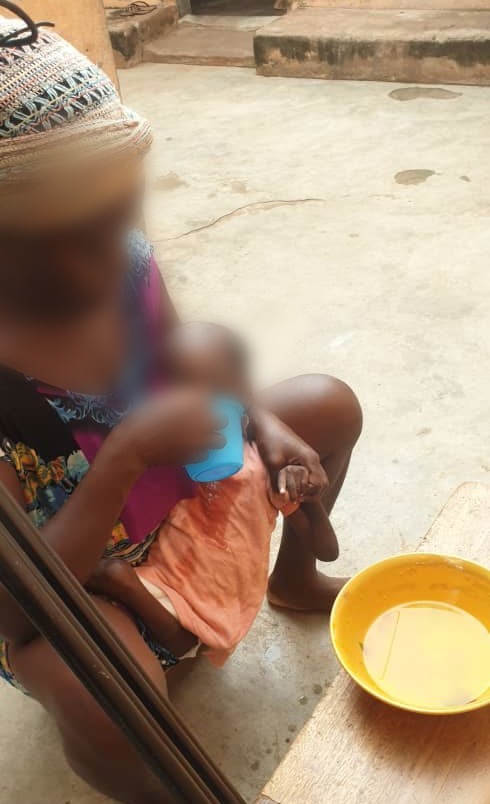
His condition is such that he requires diapers, which he wears only when his mother can afford to buy one, and that’s not often. So instead, he eases himself on old clothes most days, which are then washed, dried, and re-used.
The only sign of life in him is his opened eyes and the intermittent hunger or thirst-induced cries. Though he can eat most solid meals, the process of feeding him is very tedious as he’s fed small morsels slowly while propped up on his mother’s laps, lest he chokes on the food.
She does this four or five times daily. At night, she’s there to turn him over less he develops sores from lying in one position. She also massages him daily.
This has been her routine for almost 19 years. It is a never-ending cycle.
“I am unable to do anything. Not even the menial jobs I used to do because of Gideon. If I leave him, no one will be able to take care of him because it is a difficult thing to do, and one has to be very patient.”
“My elderly mother also suffered a fall and is bedridden. I have to take care of her, so I cannot afford to leave the house,” Doris said.
How the family survives
The family is a beneficiary of the Livelihood Empowerment Against Poverty (LEAP), a programme by the Government of Ghana, which provides bi-monthly cash payments to extremely poor households in districts across the country.
LEAP gives them GHC74 every two or three months, sometimes not at all. Doris sells oranges at home to supplement this and makes some ¢3 or less a day or sometimes nothing.
“Because I don’t go around to sell the oranges, it sometimes takes me two weeks to sell a bowl of GHC10 worth of oranges. Sometimes I make just ¢1. When there’s no food at home, my other children go to their friends’ houses to eat. Sometimes, I have to stop Gideon’s younger siblings from going to school when there is no money….”
“We are struggling, but I cannot complain. God knows I can handle it because He has given me the strength to.”
Our house was destroyed by a heavy rainstorm and flooding. We lost everything. The house we live in now was given to us by someone. He charges us no rent. The people in the community have been very supportive. They pray with me and do not stigmatize the kids and me….”
“It is my desire to see my son better and my other children living their dreams. But, until then, I will continue to do my best,” Doris said.
Credit: Story by Esinam Osei first shared on Myjoyonline.com

